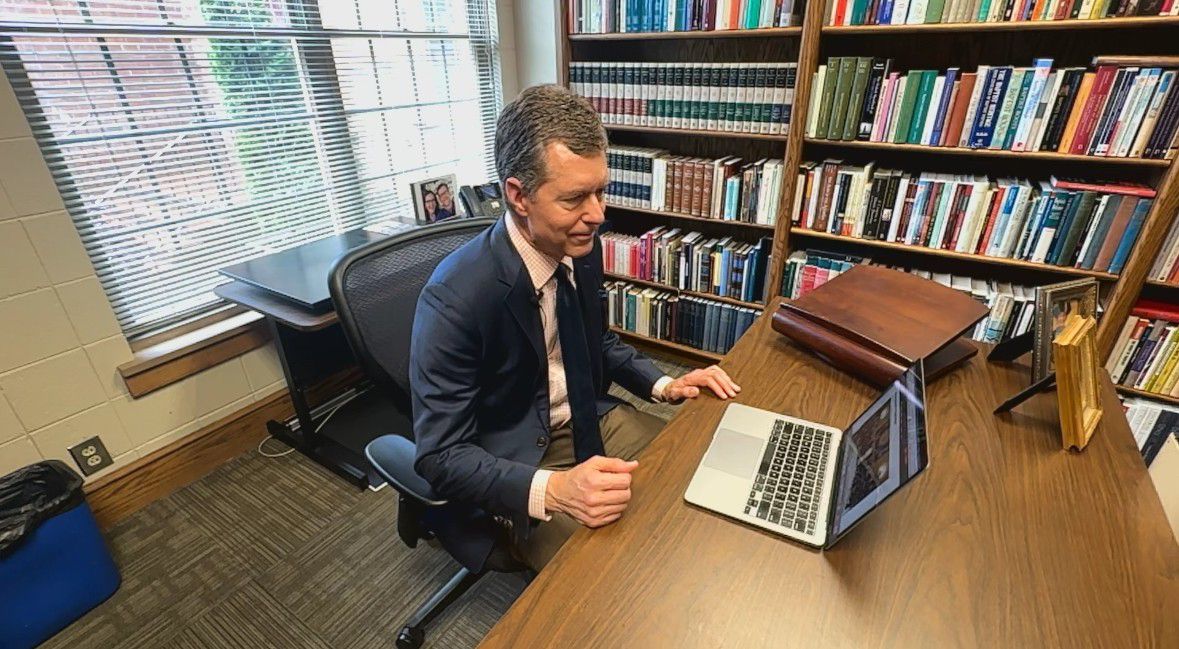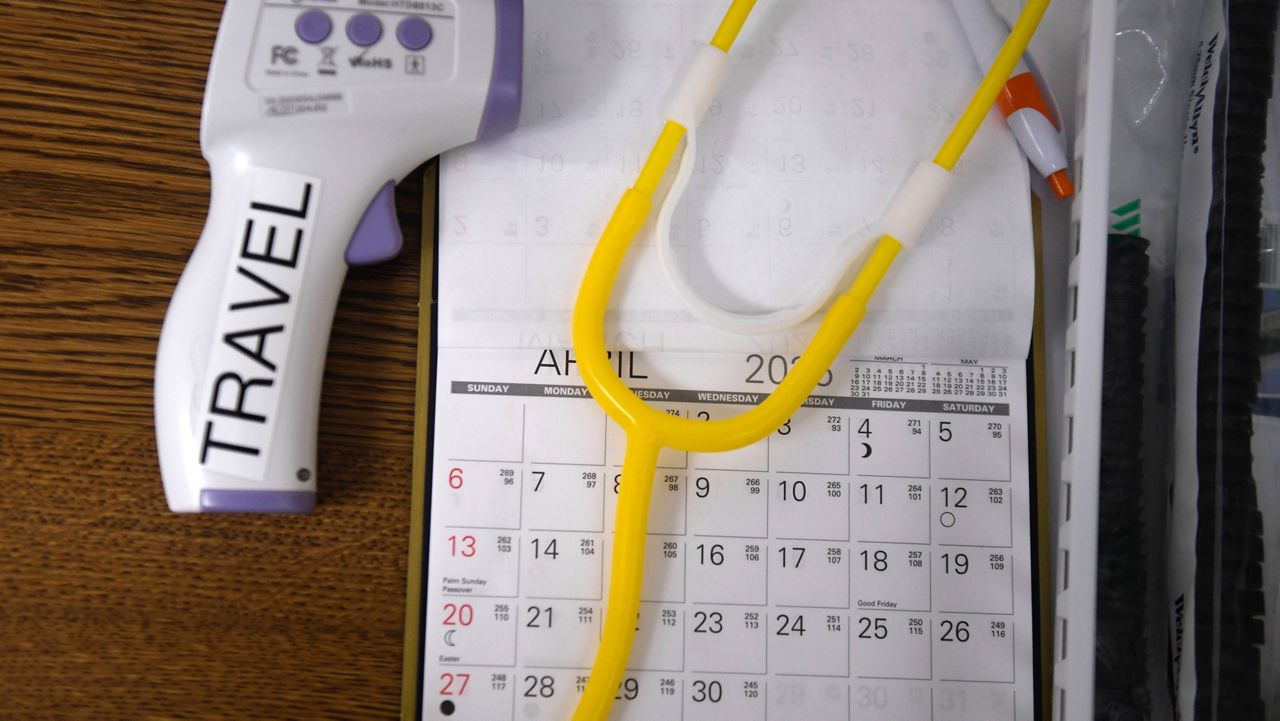CHARLOTTE, N.C. — More college students in North Carolina are struggling with their mental health amid the COVID-19 pandemic.
A UNC-Chapel Hill study released in 2021 found a 40% increase in first-year students dealing with moderate to severe anxiety
Queens University Dean of Students Maria del Carmen Flores-Mills says counselors are seeing more students report having a “mental health crisis”
Flores-Mills says the university created an on-call system for counselors to quickly see students who are facing a mental health emergency
A UNC-Chapel Hill study released in March 2021 found a 40% increase in first-year students dealing with moderate to severe anxiety after months of shutdowns and online learning.
Maria del Carmen Flores-Mills, VP of Student Engagement and Dean of Students at Queens University of Charlotte, has had a front-row seat to students’ mental health struggles throughout the pandemic.
“What I see is people are anxious to make a connection but a little tentative about that,” Flores-Mills said.
Flores-Mills overlooks all aspects of student life on campus including health and wellness. She says many students across higher education are seeking counselors to deal with anxiety and depression.
“My colleagues at other schools say there are about two to three weeks of wait time before [a student] can get an appointment [with a counselor],” Flores-Mills said. “That’s certainly not the case at Queens.”“My colleagues at other schools say there are about two to three weeks of wait time before [a student] can get an appointment [with a counselor],” Flores-Mills said. “That’s certainly not the case at Queens.”
Flores-Mills says students wait about a week to see a counselor at their Health and Wellness Center. But she admits counselors are feeling the strain during the pandemic as more students report having a “mental health crisis.”
“Sometimes it’s active suicidality,” Flores-Mills said. “Sometimes it might be other mental health crises.”
Flores-Mills says they now have an on-call system of counselors to quickly see students facing a crisis. She says they’re also developing a “holistic approach” to mental health, such as connecting students to resources the moment they arrive on campus.
“In [student] orientation you often talk about where you go for tutoring, where you go for your ID card and where to register for classes,” Flores-Mills said. “I think we do a great job now of indicating where you can find those mental health resources.”
Flores-Mills credits the pandemic for helping bring to light the importance of mental health.
“Self-care is so important,” Flores-Mills said. “It’s got to be a priority for you as you move forward in life.”
For a list of free and confidential mental health resources, visit the CDC’s website.










